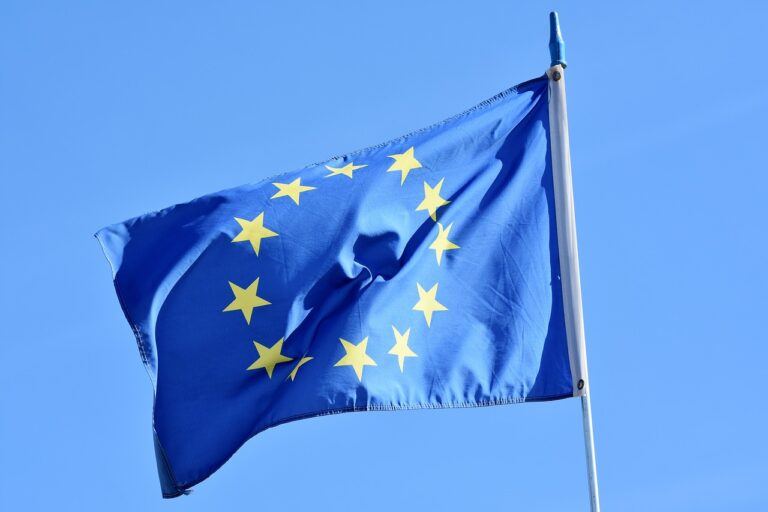A report created by Brussels-based think tank Bruegel, set to be distributed to European Union (EU) finance ministers, calls for EU-level cryptocurrency regulations that will scrutinize how exchanges operate and how cryptoassets are distributed in initial coin offerings (ICOs).
The report, seen by Reuters, reportedly calls for clearer rules for crypto exchanges and ICOs to control risks associated with the industry, presumably related to terrorism financing and money laundering. It’s going to be presented to EU ministers who are meeting on September 7-8, in Vienna.
So far, Reuters notes, EU authorities haven’t drafted comprehensive cryptocurrency regulations because the market is relatively small and the euro doesn’t represent the majority of bitcoin’s trading volume. Its volatility, along with the aforementioned risks, have been worrying regulators.
Per the report cryptocurrency exchanges and ICO projects are increasingly becoming more interested in EU countries. Binance, the world’s leading cryptocurrency exchange, has revealed it’s moving to Malta, while Bittrex, a leading US-based exchange, recently acquired a 10% stake in Palladium, a blockchain firm based in the country.
These developments have seen regulators consider taking a closer look at the industry. As CryptoGlobe recently covered, the EU has looked into tightening cryptocurrency regulations over transparency concerns.
In its report, the Brussels-based think tank noted regulating cryptocurrencies like bitcoin is impossible because of their nature, although entities dealing with them can be subject to “stricter disclosure rules or even be banned.”
The EU’s know-your-customer (KYC) requirements and rules on money laundering have seen cryptocurrency exchanges increase their checks. Changelly, a Prague-based exchange, recently revealed it may withhold users’ monero (XMR) if necessary. A company representative stated:
We have no mistrust of and prejudice towards users trading XMR. The matter relates to a Know-Your-Customer procedure that we had to implement due to the increased number of money laundering cases via our service.
Per Bruegel, Binance’s move to Malta could mean there’s a “scope for regulatory arbitrage” as the exchange revealed its plans to move to the nation after receiving a formal warning from Japan’s Financial Services Agency (FSA).
The think tank added that exchanges looking for jurisdictions with lighter regulations may be tolerated for now to “experiment and learn about the best approaches to this fast-developing technology.”
The group further called for clearer rules on ICOs as only a small portion of ICOs are considered securities, which fall under the EU’s financial regulations. Most tokens issued are seen as utility tokens, as they can be used in exchange for a product or service.









